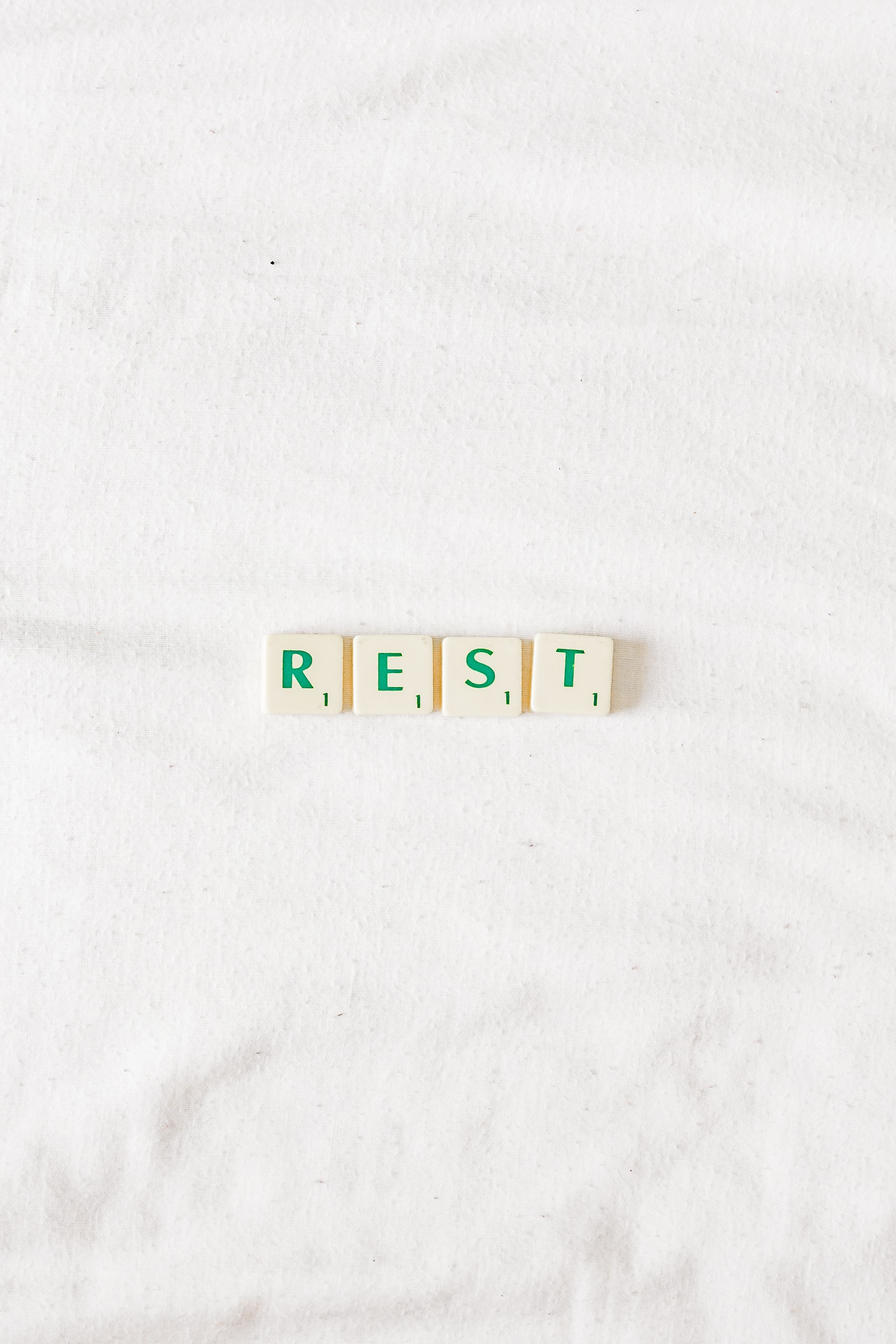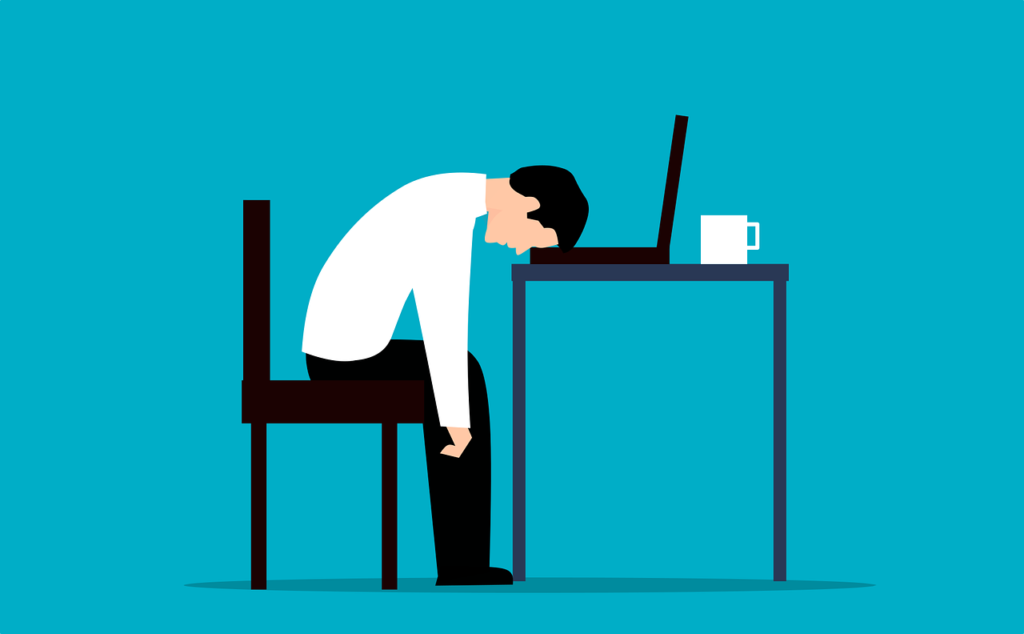Modern day self-help has popularized the grinding culture: there are all these self-help gurus telling everyone that in order to achieve their goals, they need to work like crazy: wake up at four in the morning and put in insane hours, and if you get tired, just keep on going, keep on grinding. ‘Even when you feel tired, just keep showing up’ It’s often reinforced by quotes that assure you of how you’re of infinite energy and unlimited potential. It’s true that if you want to achieve your goals, you have to put in your hours-the bigger the goal, the more time it demands. Grinding hard is one sure way of beating procrastination and lethargy: you can’t sit around and wait till you get the motivation to get up and start grinding, you need to keep grinding even when you don’t feel like it. However, in the grinding culture, no one ever talks about ‘too much grinding’ the kind of grinding where you’re dragging along fatigue, the kind where you feel guilty and uneasy when you rest, the kind where you never feel like you’re doing enough, the kind that slowly starts to affect your mental health. That’s when the grinding culture turns toxic.

The Productivity hoax: Most people confuse busyness and productivity. There’s that person who goes to the library picks a book and sits there and starts swiping their phones for hours and maybe peeks into the book for a couple of minutes. They walk out of the library satisfied with the hours they’ve put in but actually didn’t do much. But there’s also that person who goes into the library and actually reads the books, or at least they think they’ve read: they barely understand anything from what they’ve read but are satisfied by the fact that they now have one more book to boast about reading. Such people try hard to impress other people as well as themselves for the amount of input they’re putting regardless of whether it’s quality input or not.
Diminishing returns: The relationship between hours of input and quality of output is never proportional because of the simple reason that people get tired. It may be slightly proportional for tasks that are not too mentally taxing like packaging a product in a box, but even then, after doing it for too long, you start making mistakes. Creative endeavors are even worse: writing, painting, music, even sports, you can’t be creative when you’re tired, the quality of your work plummets. That’s the high-school bookworm who would study trans-night and boast about his hours, but in reality never gained much from their efforts. At the end of the day, you have to make a decision on quality versus quantity: whether you want to be the one boasting the number of hours you put into your craft, or you want to improve its quality as much as possible.

Self-tyranny: One of the effects of this toxic grinding culture is self-tyranny. However badass it might sound, feeling guilty for resting isn’t as healthy as one may think – that anxiety you feel every time you’re not busy- it’s actually a hindrance towards good and healthy resting. Resting is extremely important both physically and mentally: it is recollection, rejuvenation and resetting. Sleep deprivation has short and long-term adverse effects on physical health and memory. Self-tyranny is the highest disservice you can do yourself. Sometimes when you’re feeling weak, slow down and take a breather, you might be tired. The problem with some self-help advice is that it’s over simplistic and doesn’t consider individual circumstances: sometimes you’re not feeling down because you’re lazy or a procrastinator, sometimes you’re tired and need to slowdown or even stop to regather. In the grinding culture, the value of good quality rest is underrated.
Burn out: Your motivational speaker may not tell you this, but there is such a thing as burn out: a state in which the enthusiasm, the inner flare runs out. It’s mostly caused when you drag on too much fatigue and eventually you tire out. It’s more common when it comes creative endeavors. The fact is that being human, you have a finite amount of energy you can spend after which you need to regenerate. If you use up all your reserves, you might end up burning out. That’s how passions fade away. Sometimes it’s because you set yourself unrealistic goals and try to pursue them: you bite off more than you can actually chew. This is the person who kick starts a seven day a week, rigorous gym routine because they want to get in shape and doesn’t last the second week.
Motivation: There’s nothing inherently wrong with grinding, It’s when it turns toxic that it becomes a problem. It hinders your productivity and affects your mental health. So how do you know when grinding has turned toxic? You look at what’s motivating the grinding. Healthy grinding is motivated by an honest pursuit of one’s goals. Unhealthy grinding is motivated by trying to prove something, if not to someone else then to yourself: trying to impress by how much you’re hustling, how many books you’ve read, how many hours you’ve worked. Other times you just fear being seen slacking off: When you finally let everyone know that you’re pursuing a goal, suddenly you fear having them see you getting tired or slowing down, so you carry along your fatigue with you rather than being seen slowing down, you want to save face.

Final thoughts: Just like most things in life, it often boils down to what motivates your grind: what’s your ‘why’. If your grind is motivated by a genuine love and enthusiasm for your craft, you’ll know when you need to take a rest because you realize that fatigue compromises the quality of your work. You’ll rest for the sake of your craft because you know that however passionate you are; you can still burn out. Whatever motivates your grind makes all the difference. Here’s an article I wrote about how your motivation affects you. (link). Commit to the grind but know when to rest.
oloya.joseph5@gmail.com

